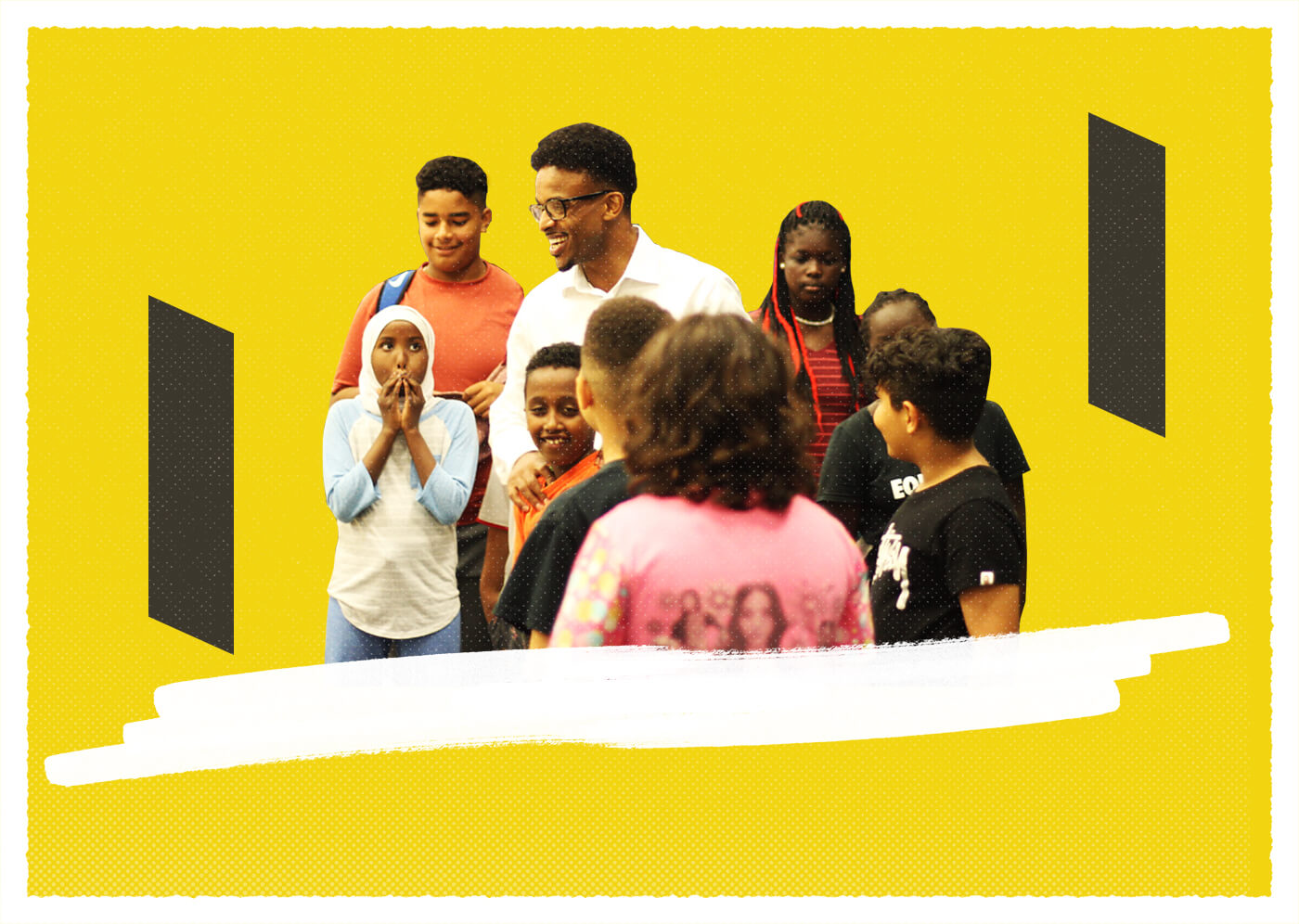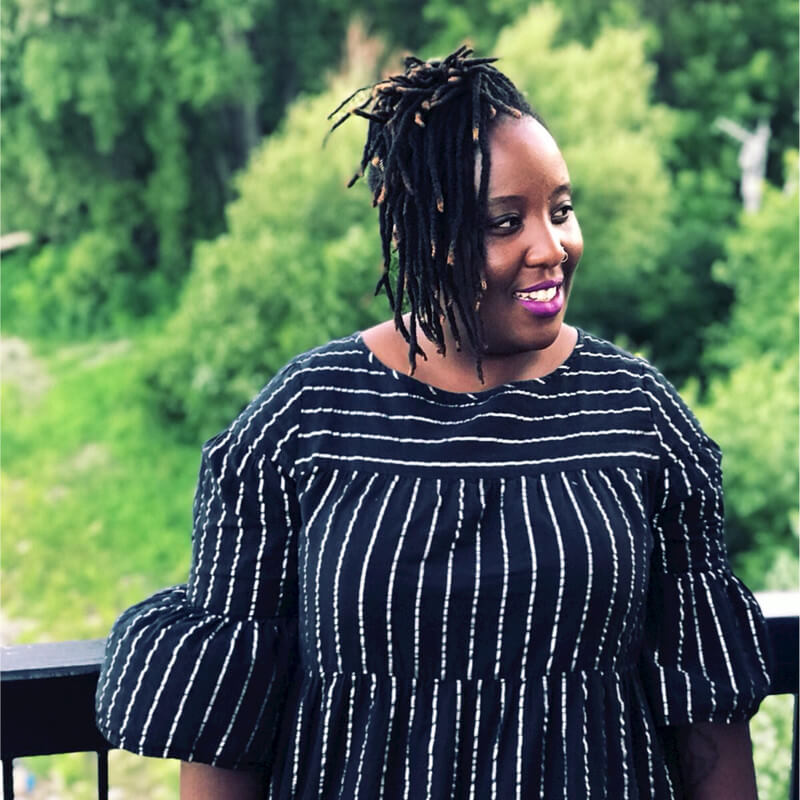Black History Month 2019: Better Futures for Black Youth in Ontario
YouthREX offers a range of services to support youth workers and meaningfully improve the lives of youth across the province. This blog series profiles organizations and stakeholders who have accessed program supports and capacity building services. Through YouthREX’s Youth Program Supports, the profiled organizations have accessed evaluation and program design services.
“If the world you want to live in doesn’t exist, then build it.”
These words were echoing in Mehari Hagos’s head over a decade ago when he launched MH100 Teen Bootcamp, an initiative providing crucial programming for under-served Black youth in Windsor, Ontario. Mehari was 19 at the time. Like many of his peers, he’d seen the effects of declining incomes, increasing precarity, drugs, and crime on his community. “We were dealing with so many issues. When I was younger, I felt like there weren’t that many people showing me alternative paths. I wanted to model something different for youth in my community.”
To mark Black History Month 2019, we sat down with Mehari to talk about MH100’s vision for Black youth in Ontario.
What’s your approach to working with youth in your community?
I was very young when I started MH100. I started the program because I wanted to do something about what I’d experienced. As a young person I’d struggled to find mentors who understood my experience as a young Black person growing up in Windsor. I wanted to change that for youth coming up in my community today. In particular, I wanted to make mentorship programs accessible. We built MH100 using fitness and sports as entry points. Sports is an interesting and accessible entry point for youth. It’s where we start – but we also work with youth to develop useful life skills, such as time management, discipline, and financial literacy. Our program is run out of a community centre, youth have the opportunity to participate in fitness programming, access homework support, and learn from mentors.
Why have you chosen to work with Black Youth?
Unfortunately, it’s not uncommon to hear Black youth say they’ve experienced deficits-based approaches when seeking services and supports. Youth in our program tell us they frequently encounter service providers who don’t fully understand their experiences. I wanted to work with Black youth because I wanted to help them cultivate and create different futures for themselves. At the program we build from a place of strength, we see youth as what they can be. We see them as successful.
What type of future do you imagine for the youth you work with?
I want them to see and be the best versions of themselves. The MH100 team leads by example and helps youth build the world they want.
Today, youth come from all over Windsor to access MH100’s programs. Over 80% of them are Black. In 2018, MH100 received a grant of $468,000 under the Ontario Black Youth Action Plan. The funding supports MH100’s goal of improving outcomes for Black youth in Windsor.


